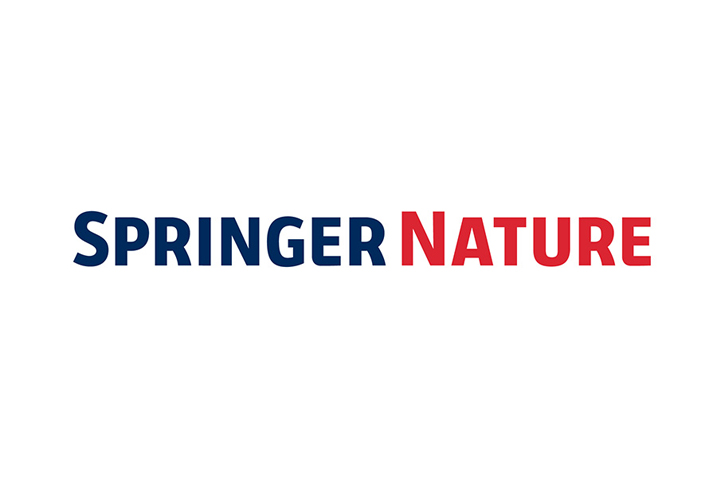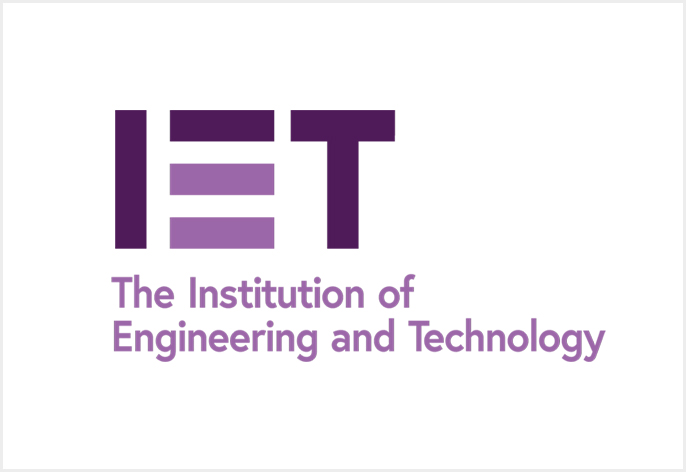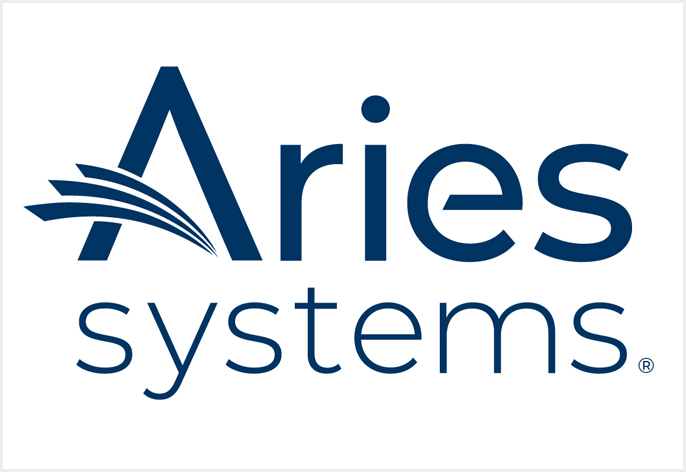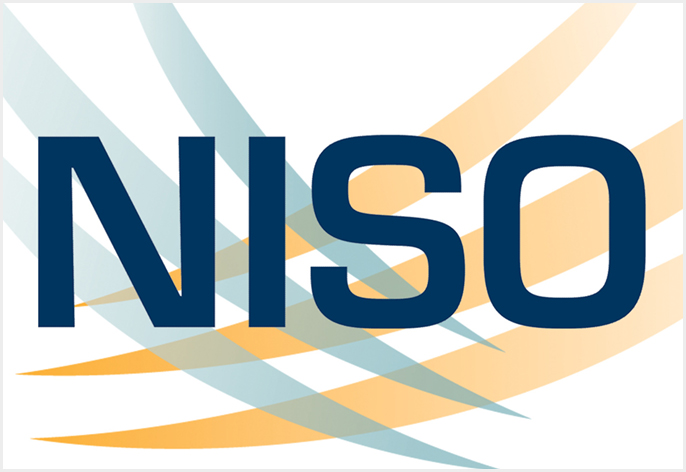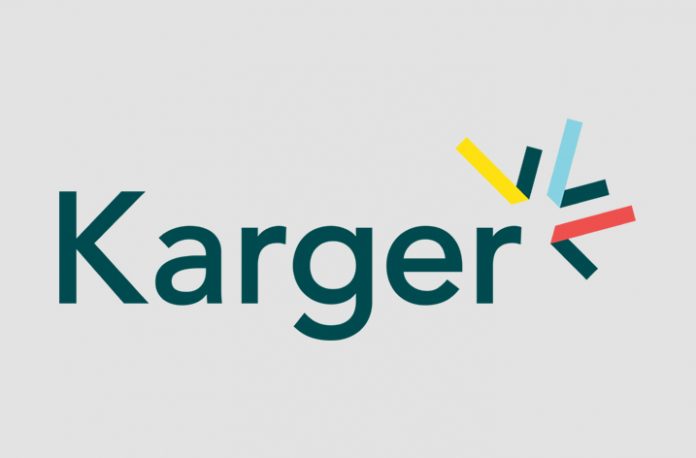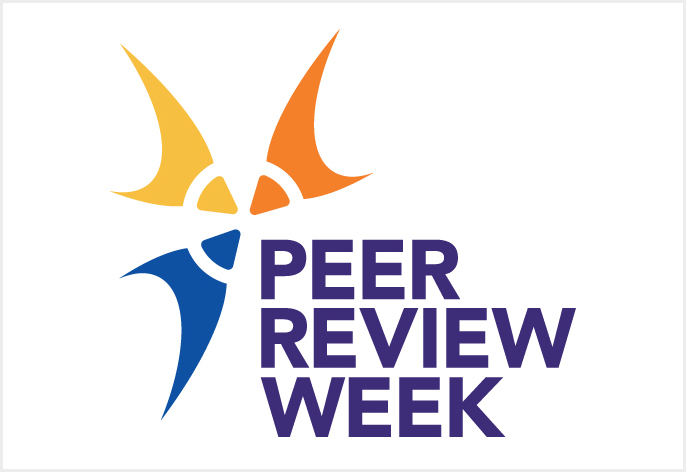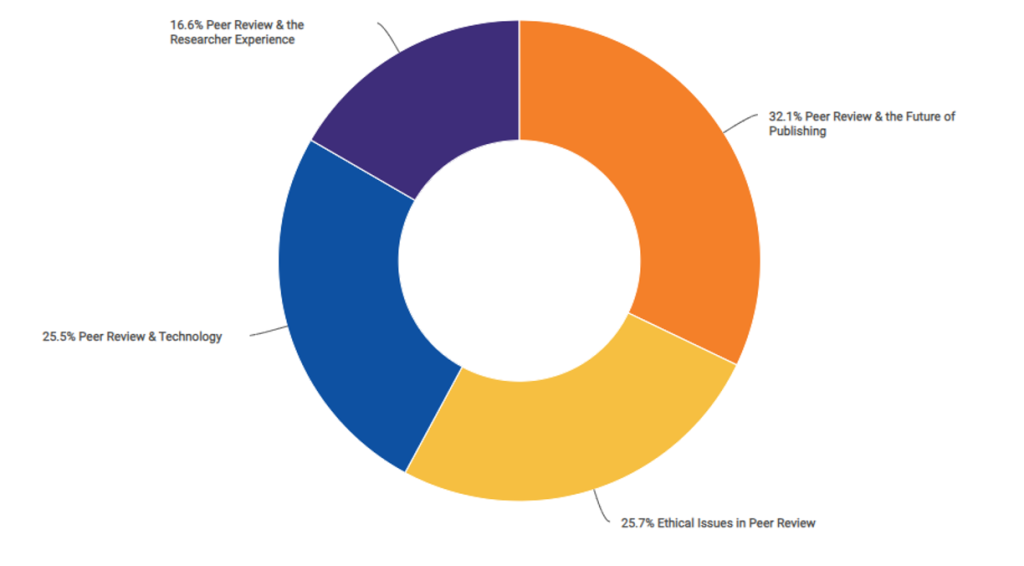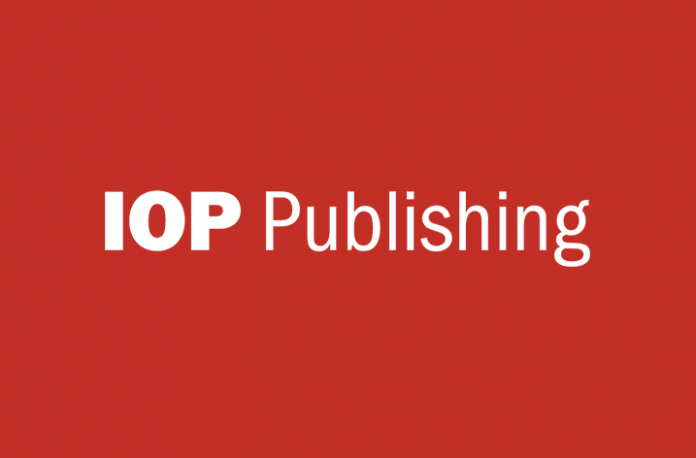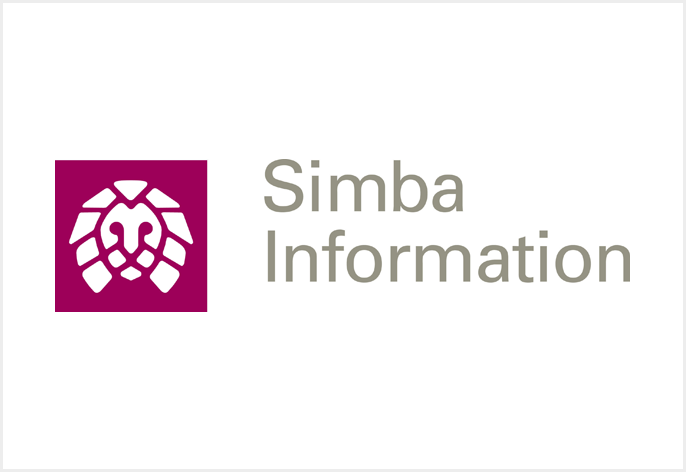The Institution of Engineering and Technology (IET) has outsourced production of its award-winning global media brand E&T to content and publishing agency Redactive.
From Monday 17 July 2023, Redactive will be responsible for delivering E&T magazine, its magazine website (eandt.theiet.org), e-newsletters, social channels and its thriving E&T Jobs board.
Under the multichannel creative and editorial direction of Redactive, E&T magazine will remain a sector-leading voice providing news, features and opinions on topics that matter to today’s engineers with an increased focus on delivering greater thought leadership and intelligence.
IET and Redactive are embarking upon a strategic review of E&T’s multimedia magazine portfolio that will see a new content strategy and brand identity launched in the fourth quarter of this year complete with redesigned magazine, website and digital channels.
At the new E&T website, users can look forward to an enhanced experience from a more immersive platform that will be designed to serve content more relevant to each and every IET member. Customised by career stage, topics, sectors and international geography. Enriched with video, webinars and podcasts. And giving members the opportunity to boost their professional development with CPD modules to improve their technical and business skills.
IET Director of Knowledge Services and Solutions, Giles Grant, stated: “The IET’s focus throughout our solutions and services is providing our 154,000 global members, as well as the wider engineering and technology community, with an independent, credible and informative voice that helps drive important change and challenges thinking within the sector.
“Our award-winning E&T portfolio is central to this and our commitment, as always, is to ensure we are continually evolving our solutions for our customers and to remain digitally innovative, relevant, and of course, competitive within the market.
“With Redactive’s long track record of publishing and developing leading multimedia business magazines for membership organisations, we’re confident this new approach will reach even broader audiences across the globe, whilst ensuring we continue to deliver to, and represent, our global membership body in the most impactful way.”
Redactive Director Aaron Nicholls adds: “The new-look E&T magazine, its website and associated digital channels will support IET members and inspire the wider engineering profession. In doing so, we want to help existing members to develop their careers and attract a new generation of engineers into the IET community.
“This is an exciting collaboration that aligns with the IET’s 2030 strategy, and we look forward to helping the Institution to fulfil its ambitions and meet its targets over the coming years.”





